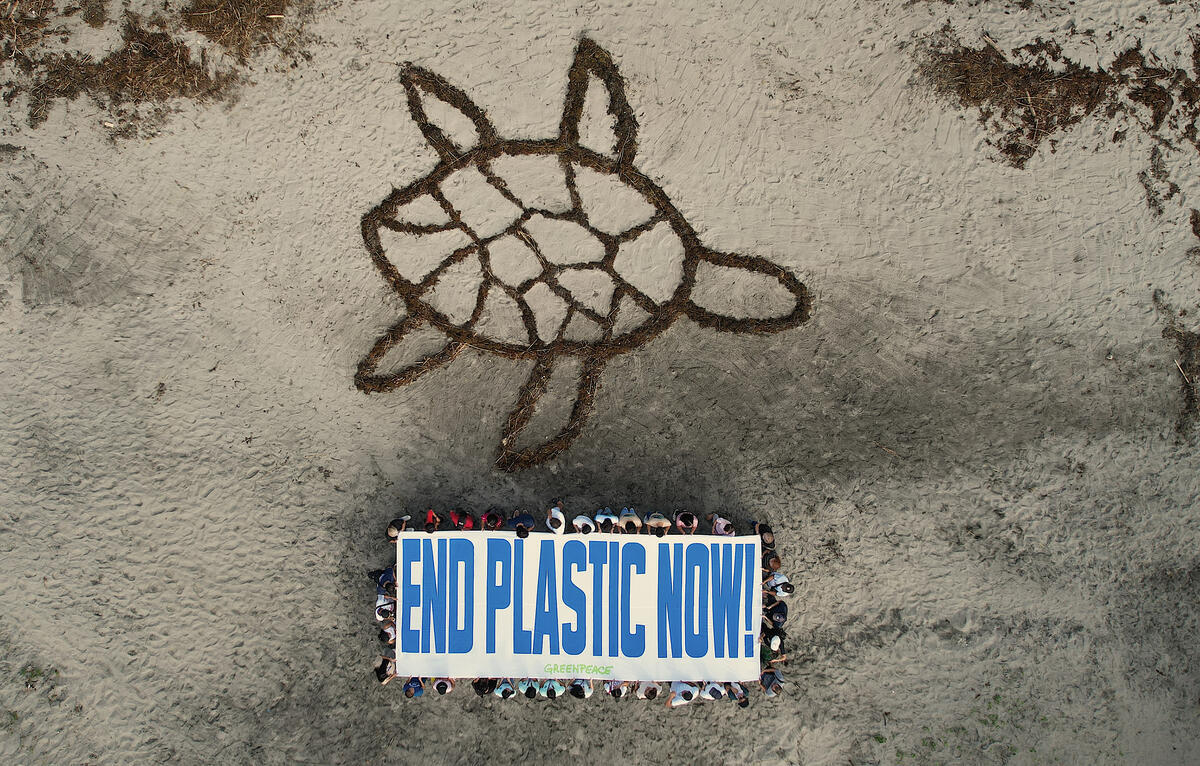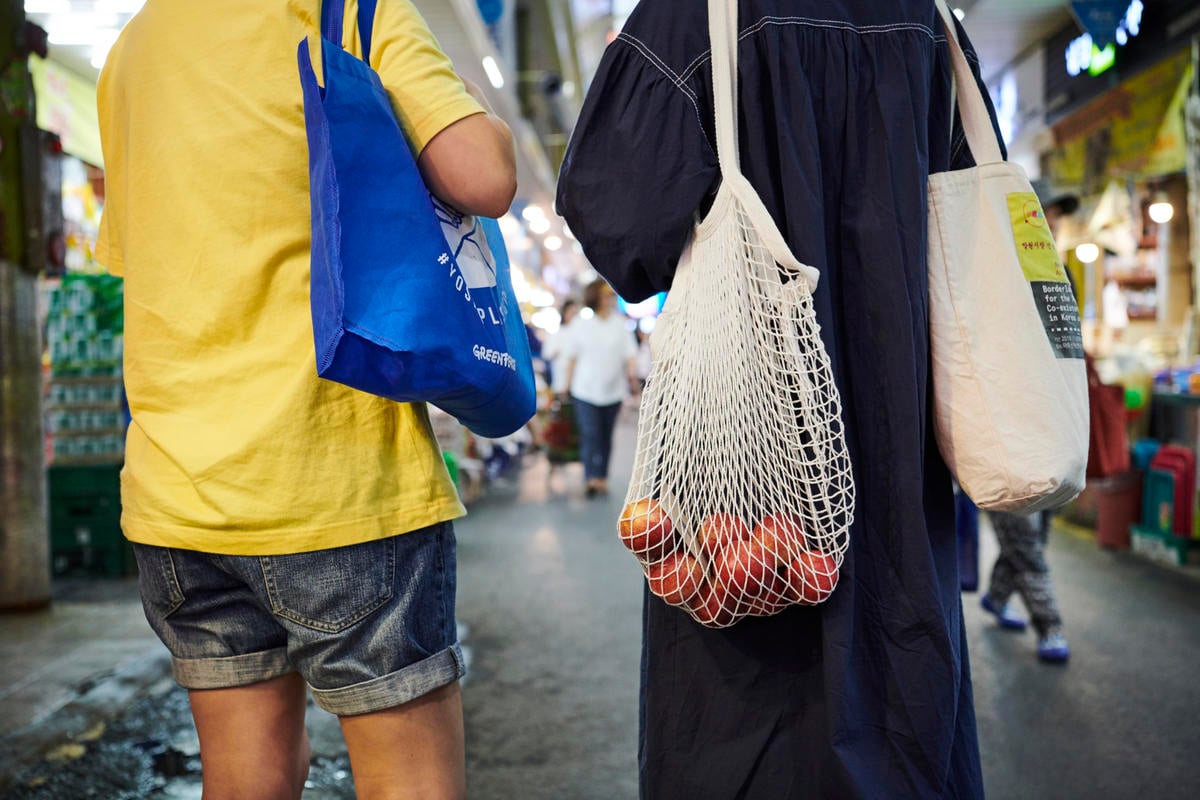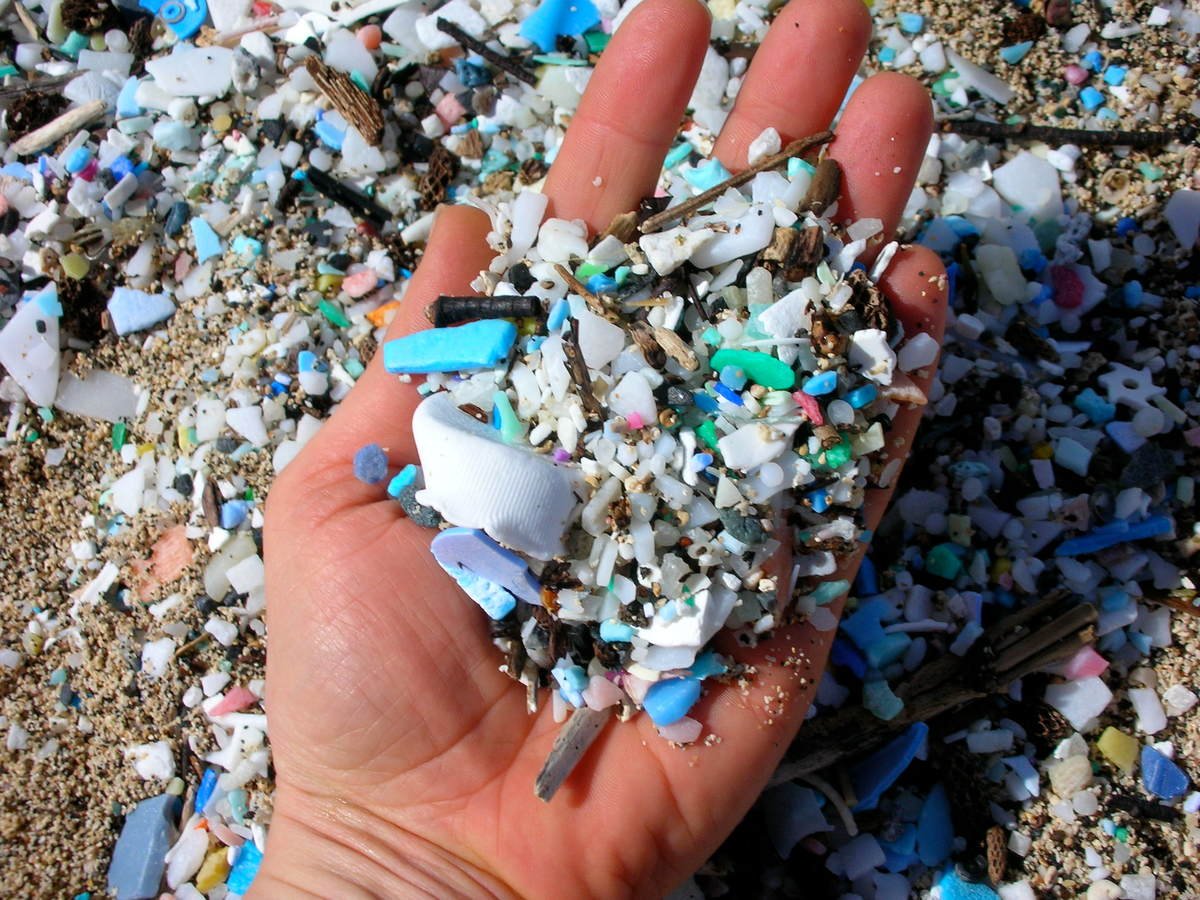Almost 9 in 10 Pinoys say Global Plastics Treaty must ban single-use plastic
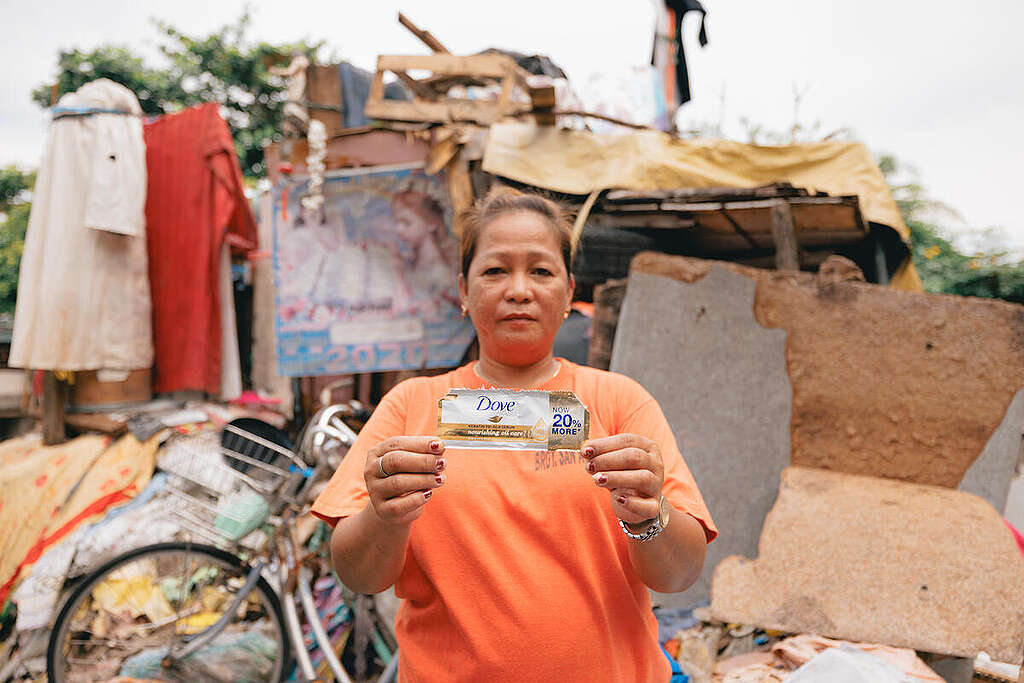
QUEZON CITY, Philippines (04 April 2024) — Filipinos are the top supporters of an “ambitious” Global Plastics Treaty that would mandate cuts on plastic production, a survey report launched today shows. The survey, conducted across 19 countries, reveals that 94% of Filipinos believe a cap on plastic production will stop plastic pollution, prevent biodiversity loss, and limit global warming to 1.5 degrees Celsius.
The Philippines also topped the list of respondents who say that the Global Plastics Treaty must ban single-use plastic packaging (88%), and tied with Indonesian respondents (97%) who say that the treaty should include targets that oblige governments and corporations to transition away from single-use plastic packaging to reusable and refillable packaging. Filipinos are also the most concerned about the health effects of plastics on their loved ones (94%) and are the second most concerned about the effect on their own health (93%).
The survey was conducted last February, and the results were released today ahead of the fourth Intergovernmental Negotiating Committee (INC4) meeting for a Global Plastics Treaty to be held in Ottawa, Canada at the end of this month.[1] The poll was commissioned by Greenpeace International and conducted by Censuswide. It sampled 19,088 members of the public in the UK, USA, Canada, India, Brazil, Egypt, Germany, Mexico, South Africa, Philippines, Indonesia, Japan, Thailand, South Korea, China, United Arab Emirates, Malaysia, Austria, and Norway.
“Filipinos are against plastic pollution and want genuine and lasting solutions to the plastic crisis because they know it’s harmful to health and the environment,” said Marian Ledesma, Greenpeace Philippines Zero Waste Campaigner. “We hope these findings prompt the Philippine delegation to stand with Filipino people in supporting a treaty with ambitious cuts on plastic production. The government should also institute laws to limit plastic production by banning single-use disposable plastics and establishing reuse and refill systems across the country.”
Last month, a study by Greenpeace Philippines also showed the viability of reuse and refill systems in a country plagued by plastic sachets, mitigating plastic pollution while benefiting the environment and the economy.
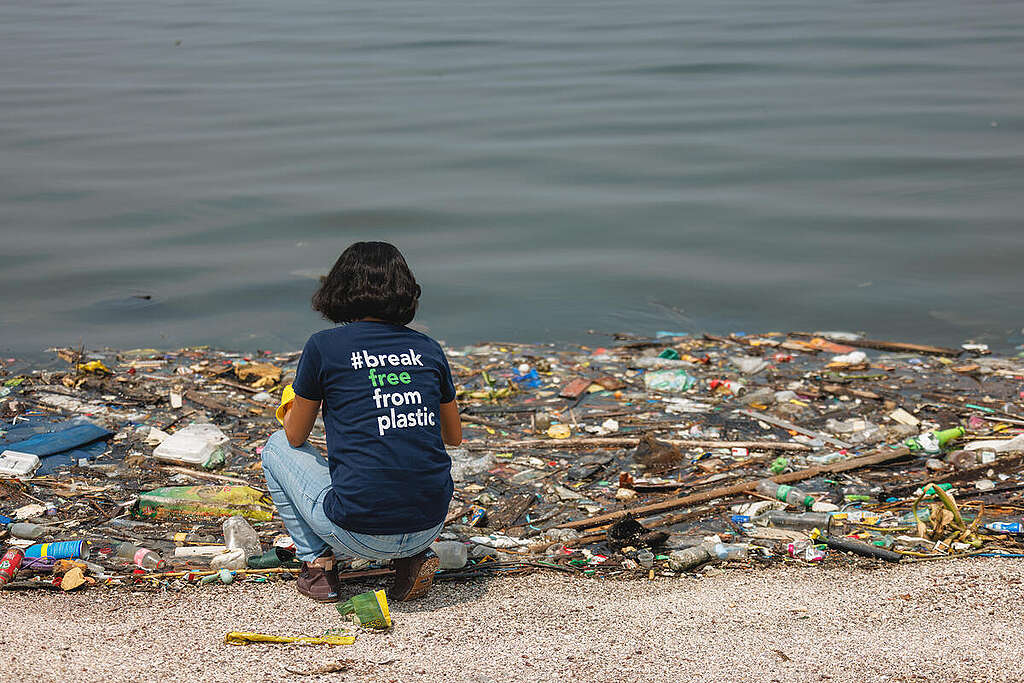
“Ang plastic pollution ay isa sa mga malalaking problema sa ating mundo ngayon, pati na rin dito sa aming lugar. Nakakapagdulot siya ng baha sa aming kalsada at kadalasan naaapektuhan ang schedule ng aming collection at monitoring,” said Aloja Santos, Founding President of the newly formed Philippine National Waste Workers’ Alliance (PNWWA), and President of Dumaguete Women Waste Workers Association. “Sumasang-ayon ako na ibalik ang refill at reuse para mabawasan ang mga basura at maibalik ang ating kinalakhan na tradisyon […] Ang kasunduang ipapatupad ay dapat bigyan ng ipin upang malimitahan ang paggamit ng plastic at hindi na makadagdag sa kasalukuyang polusyon.”
(Plastic pollution is one of the big problems in our world now, including in our area. It causes floods in our streets and usually affects the schedule of our [waste] collection and monitoring. I agree with returning to refill and reuse to reduce waste and bring back the tradition we grew up with. The treaty that will be implemented should have teeth, so plastic use can be limited and not add to the current pollution.)
“Sinasang-ayunan ko ang pagbabalik ng pag-reuse at pagre-refill ng mga gamit […] Ito ay lubos na magiging kapaki-pakinabang lalong-lalo na sa aming mga mangingisda, dahil mababawasan ang mga palutang-lutang sa karagatan na nagdudulot ng pagkaubos ng isda, ng huli ng mga isda at pagkasira ng propellers ng aming mga bangka,” said Edlyn Rosales, Chairperson of the Pagkakaisa ng mga Samahan ng Mangingisda Pangisda (PANGISDA)-Bataan. “Bilang mga mangingisda, susuportahan namin ang mga kasunduan at mga polisiya na naglalayong sa paglilimita sa pagproduce ng mga single-use na plastic.”
(I agree with bringing back reusing and refilling items. This will be very beneficial especially for us fisherfolk, because [this] will reduce [waste] floating around in the ocean which causes decreasing fish and catch, and breaks the propellers of our boats. As fisherfolk, we support treaties and policies seeking to limit single-use plastic production.)
“Dahil sa patuloy na paglala ng krisis sa plastic pollution na nararanasan ng ating bansa, tila nasasakripisyo ang kanyang mga mamamayan, kabuhayan, kalikasan, at mismong kinabukasan ng mga kabataan. Nakikita natin na ang totoong mainam na solusyon ay ang pag-reuse at pag-refill,” said Eric Beren, Secretary-General of the Young Bataeños for Environmental Advocacy Network (YBEAN). “Ang paghikayat sa mga mamamayan sa paggamit ng reuse at refill ay makakatulong dahil ito ay mas abot-kaya at mababawasan ang paggamit ng plastic. Dapat lamang itong pagkasunduan ng iba’t ibang bansa para sa isang kalikasang sustainable, malinis, at nakaayon para sa interes ng mga consumer at mamamayan.”
(Because of the continuing plastic pollution crisis our country is experiencing, it seems that its citizens, livelihood, environment, and the future of the youth are being sacrificed. We see that the genuinely good solution is reuse and refill. Encouraging people to reuse and refill will help because these are more affordable, and these will reduce plastic use. This must be agreed upon by different countries toward an environment that is sustainable, clean, and is aligned with the interests of consumers and citizens.)
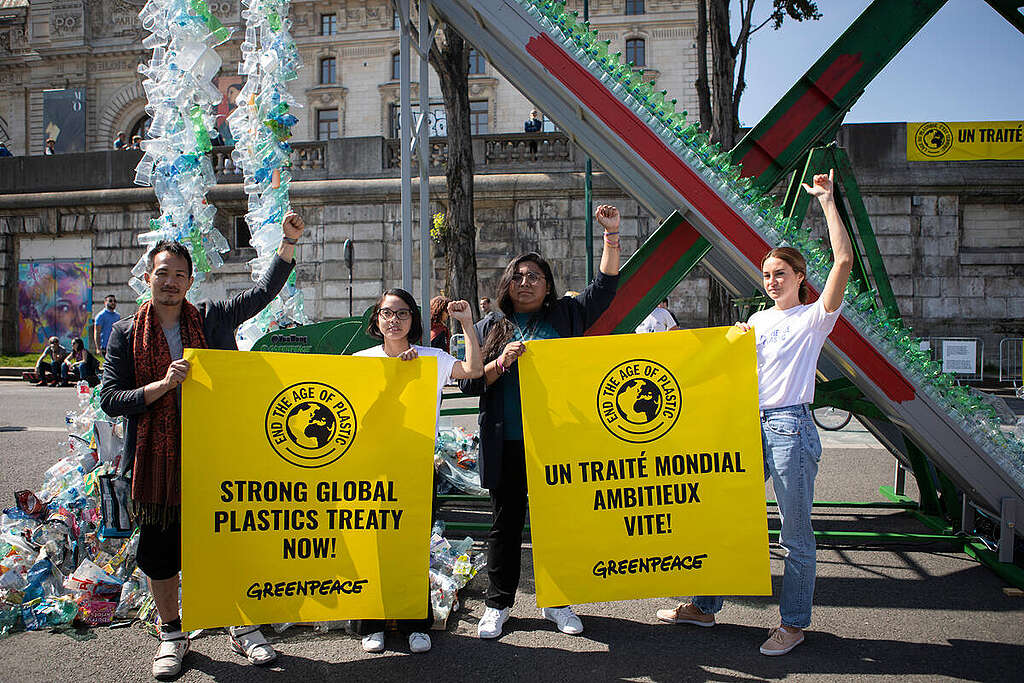
United Nations Member States agreed in 2022’s UNEA Resolution 5/1427 to negotiate a Treaty based on a comprehensive approach that addresses the full life cycle of plastic, including achieving ‘sustainable production’. Addressing plastic production is the single most important element for achieving this mandate.
But oil and gas companies which supply the petrochemicals needed for plastic production, corporations reliant on disposable plastic such as fast moving consumer goods companies that produce sachets by the millions of tons in countries like the Philippines, and countries that are protecting these industries, are opposing ambitious provisions in the text—and are hampering progress towards a treaty that will put an end to plastic pollution.
“Governments must seize this historic opportunity to establish a global target to phase down the production of plastic and deliver a just transition away from all virgin production capacity,” said Ledesma. “Greenpeace is calling on the Philippine government to show leadership and ambition at the Global Plastics Treaty negotiations this April.”
###
NOTES:
Key findings from the report:
| PHILIPPINES | GLOBAL | |
| Percentage of respondents who support cutting the production of plastic to stop plastic pollution[a] | 93% | 82% |
| Percentage of respondents who advocate for protecting biodiversity and the climate by reducing plastic production[b] | 94% | 80% |
| Percentage of respondents who endorse transitioning away from single-use plastic packaging to reusable and refillable alternatives[c] | 97% | 90% |
| Percentage of respondents who support a ban on single-use plastic packaging[a] | 88% | 75% |
| Percentage of respondents who express concern about the health impacts of plastic on their loved ones[a] | 94% | 80% |
| Percentage of respondents who express concern about the health impacts of plastic on their children[d] | 94% | 84% |
[b] ‘Strongly support’ and ‘Somewhat support’ responses combined
[c] ‘Essential’, ‘Very important’, and ‘Fairly important’ responses combined
[d] ‘Very concerned’ and ‘Quite concerned’ responses combined
[1] Government ministers from 173 countries are set to gather at the Shaw Centre in Ottawa, Canada from April 23 to 29, 2024, for the INC4 conference to negotiate a legally binding Treaty. The last negotiation meeting will happen in Busan, South Korea in November 2024. The INC3 meeting in Nairobi, Kenya last November 2023 ended in frustration as low-ambition countries derailed the negotiations, and the meeting saw the Zero Draft reworked to add weaker options, resulting in a convoluted document.
Greenpeace recommendations to governments negotiating the Global Plastics Treaty:
1. End plastic pollution – from production to disposal – to protect the environment and human health
2. End single-use plastics, starting with the worst offending items such as plastic sachets.
3. Set a legally-binding target to reduce plastic production by at least 75% by 2040 to stay below 1.5° c.
4. Ensure a just and inclusive transition to a low-carbon, zero-waste, reuse-based economy.
5. Be firmly rooted in a human rights-based approach that reduces inequality, prioritizes human health, and centers justice in its creation and implementation.
People vs. Plastic: Global Support for a Strong Plastics Treaty full report can be found here.
Greenpeace demands for a Global Plastics Treaty can be found here.
Photos and videos are available here.
Media Contact:
Maverick Flores, Communications Campaigner
Greenpeace Philippines
[email protected] | +639176211552

